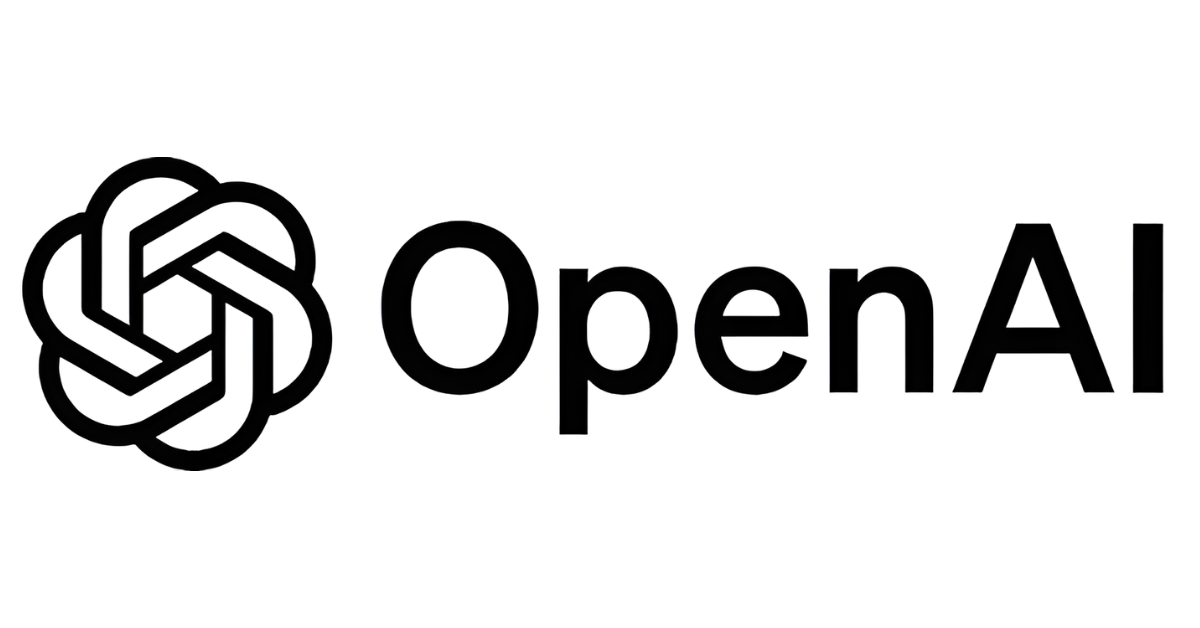The anticipated launch of the next-generation artificial intelligence model, R2, from Chinese startup DeepSeek is facing significant hurdles. A combination of rigorous internal standards and a severe shortage of crucial hardware has created an uncertain path forward for the successor to the company’s popular R1 model.
Dual Hurdles of Quality and Quantity
The delay stems from two primary issues. Internally, DeepSeek’s CEO, Liang Wenfeng, has not yet approved the R2 model for release, as he is reportedly unsatisfied with its current performance. The engineering team has dedicated months to enhancing the model, which is expected to provide superior coding and reasoning in multiple languages. This focus on quality is a key part of the company’s strategy.
Externally, a more formidable challenge looms: a critical shortage of NVIDIA’s H20 server chips in China. This scarcity is a direct consequence of tightened U.S. export regulations enacted in April, which banned the sale of these processors.
Also Read: Gartner predicts 40% of Agentic AI projects will fail by 2027
The H20 chips were specifically developed for the Chinese market after earlier restrictions blocked access to more powerful versions. The AI models of DeepSeek are heavily optimized for NVIDIA’s technology, making a shift to domestic alternatives a complex and inefficient prospect for large-scale operations.
A Sector-Wide Struggle
The chip deficit is causing a ripple effect across China’s technology industry. Cloud service providers, which are the primary channels for distributing DeepSeek’s models to corporate clients, have raised concerns. They report that their existing inventories of H20 chips are insufficient to meet the anticipated demand that a high-performing R2 model would generate.
This scarcity has triggered a rush for resources among China’s tech giants. Companies like ByteDance, Alibaba, and Tencent have collectively placed orders for 1.2 million H20 chips, with a total value of $16 billion, slated for delivery in early 2025. This demand significantly surpasses the one million chips NVIDIA shipped to China in the previous year.
The financial repercussions for NVIDIA are also substantial, with the company’s CFO, Colette Kress, projecting an $8 billion revenue loss in the second quarter due to the H20 restrictions.
Also Read: The AI Gold Rush Cools As Venture Capitalists Demand Real Results
In response to the technological blockade, Chinese companies are exploring various workarounds. Some engineers are traveling to data centers in countries like Malaysia with data and instructions to train their AI models on servers equipped with the restricted NVIDIA chips.
Another tactic involves acquiring gaming GPUs, such as NVIDIA’s RTX 5090 and 4090, through unofficial “grey markets.” While these efforts demonstrate resourcefulness, they do not offer a scalable long-term solution, leaving the full-scale deployment of DeepSeek R2 within China in a precarious position.





